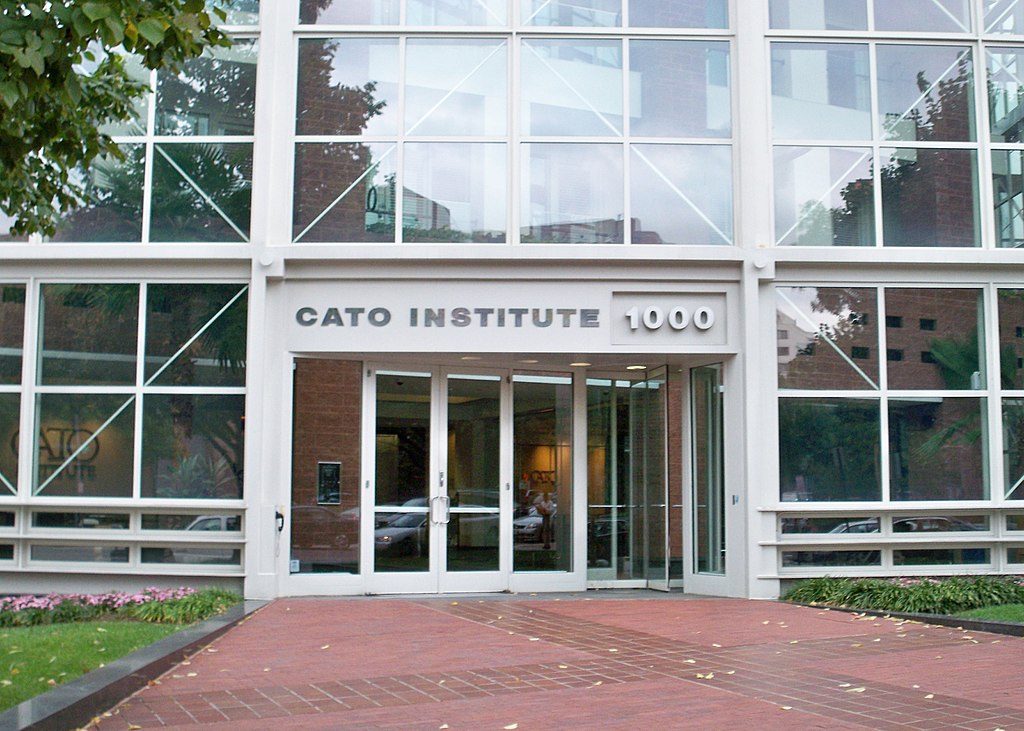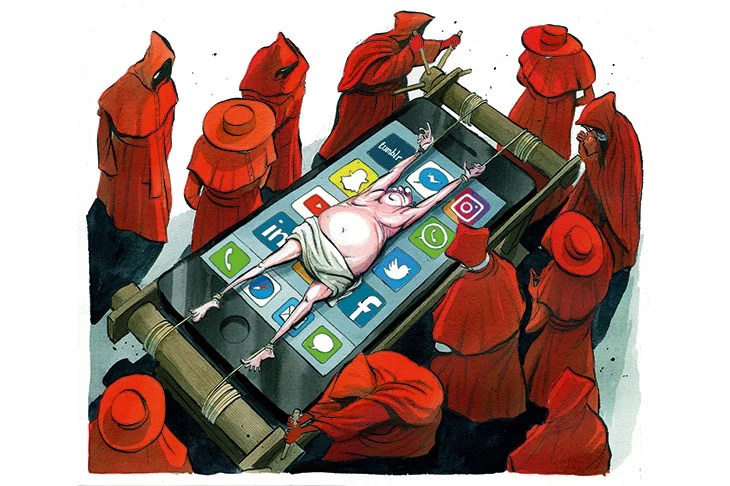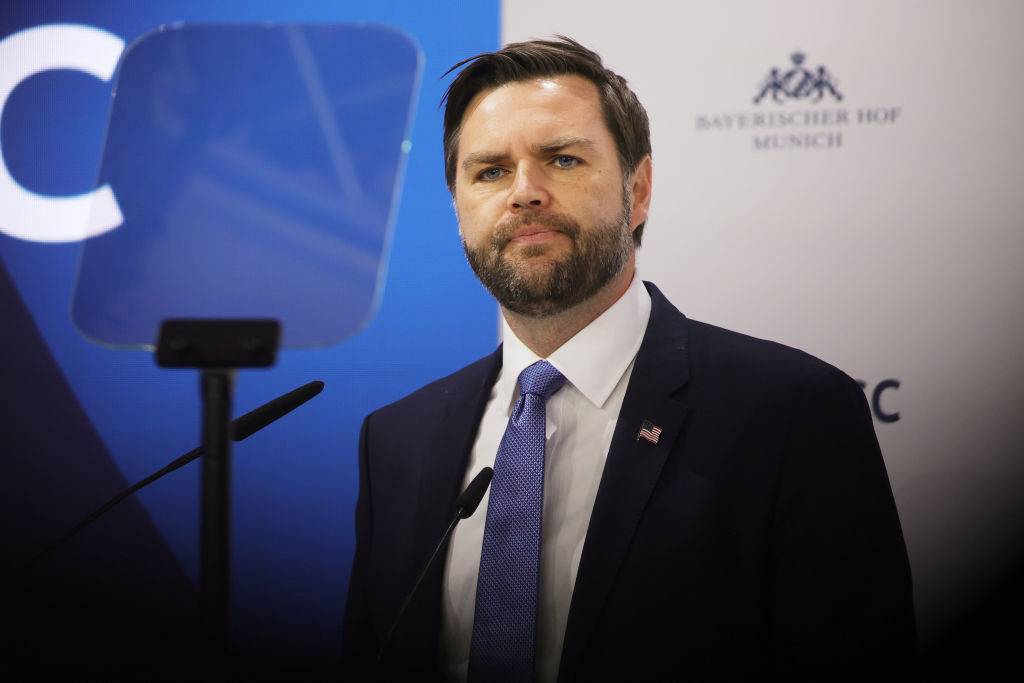The recent controversy over prominent legal commentator Ilya Shapiro’s employment at Georgetown University Law Center ended last week. In a Wall Street Journal column on a Friday, Shapiro declared that his cancel culture nightmare was over, vindicated after a four-month investigation into a troublesome tweet. On Monday, the WSJ ran the rare immediate follow-up column, where Shapiro announced his decision to quit the university rather than subject himself to an inevitable future cancelation.
Shapiro’s experience was astounding in how much it reveals about the insanity of the woke left brigades, and how much their heckler’s veto is empowered by the administrators at universities like Georgetown. His tweet that began his period in purgatory, whether you deem it inartful or not, made a strong, justifiable, and popular point: that Joe Biden’s decision to select a black female candidate for the court unnecessarily eliminated other strong candidates among potential left-of-center judicial nominees.
As Shapiro wrote:
Although I apologized for my poor phrasing—some advised “never apologize,” but I take pride in clear communication—I stand by my view that Mr. Biden should have considered “all possible nominees,” as 76% of Americans agreed in an ABC News poll, and that the best choice would have been Judge Sri Srinivasan, who is an Indian-American immigrant.
For expressing this pro-meritocracy view — one held by many Americans, and not just for the job of Supreme Court justice — Shapiro was unfairly punished by another institution captured almost entirely by the leftist mob, which seeks to keep opposing views off campus and out of sight. It was universally condemned by those on the right, and even many respected legal minds on the left.
Or, almost universally. There was an AWOL party in this battle, and their absence was notable from the perspective of D.C. libertarians and free speech activists: Shapiro’s employer, the Cato Institute.
At Cato, Shapiro rose to play an active and influential role as vice president of the Institute and director of the Robert A. Levy Center for Constitutional Studies. His work in advancing liberty-focused arguments before the Supreme Court, where Cato’s amicus briefs have put in a strong performance on the winning side of many cases in recent years, was critical in a period when the Court embraced many libertarian legal ideas.
Thankfully, Shapiro landed on his feet, as senior fellow and director of constitutional studies at the Manhattan Institute, allowing him to continue to work in this field. But it remains a mystery why, when one of their most prominent employees was being dragged through the mud over an issue as critical as free speech, Cato did not lend their public support.
The internal dynamic at Cato, according to other staffers, has been driven by an invocation that “we don’t do culture wars” — a view held by older libertarians averse to the right-left conflagrations of recent decades. But Shapiro’s experience, while certainly containing a culture war dynamic, rested on issues of free thought, free speech, and academic freedom — all matters where Cato has historically seen fit to weigh in. Just not in this case.
The lack of support did not go unnoticed by those close to Shapiro, and in an interview, he expressed disappointment that Cato was unwilling to even act as a character witness in his defense.
“Through this ordeal, I really got to know who my friends are and was humbled and gratified to learn there are many of them,” Shapiro said. “I was disappointed to see that Cato, where I’ve devoted 15 years of my life, was not among them.”
Large, well-funded think tanks in Washington are often accused of receiving far too much funding and achieving far too little. Incidents like this can illustrate how these organizations view their role in advocating for their ideas. Whatever the reason for their silence in this case, Cato’s miscalculation is a teachable moment, and an indictment of institutional drift.

























